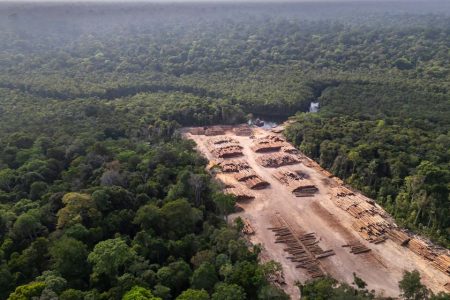A new bill under consideration in Angola proposes prison time for those convicted of knowingly spreading “fake news” – part of a growing legal trend with concerning implications.
Angolan authorities say a sharp uptick in fake news in the national and international context make the bill necessary, according to the Portuguese news agency Lusa, which has seen a draft of the measure. Officials say the proposed law establishes rights and “transparency mechanisms” for the use of social media and the internet “with the aim of discouraging the dissemination of fake news and protecting users’ data.”
Combatting disinformation, fostering diversity of information, holding digital platforms accountable for their disinformation policies and increasing transparency around paid content are among the law’s stated goals.
Penalties under the law depend on the nature of the “false information” and its impact, but range up to 10 years for incidents where it is alleged to compromise national security or the integrity of the electoral process.
[See more: Angola’s Sonangol seeks funding for the long-delayed Lobito refinery]
The law will also apply to persons “residing or based outside the country, provided that the false information is disseminated to a target audience within the national territory or to a member of the same economic group with representation in Angola.”
Some 78 countries passed more than 100 “fake news” laws between 2011 and 2022, according to the press freedom organisation Center for International Media Assistance (CIMA). These laws, they warn, often “allow governments to define prohibited content at their own discretion,” using the legal framework to punish critics and silence independent media.
That was the concern when Angola legislated against “fake news” nearly a decade ago, establishing a government entity to “enforce compliance” with ill-defined laws and regulations around “journalistic ethics and standards.”
In its 2024 Freedom in the World report, the US State Department-funded NGO Freedom House noted that legal repression of journalism contributed to the country’s score of just 7 out of 16 on freedom of expression and belief.






